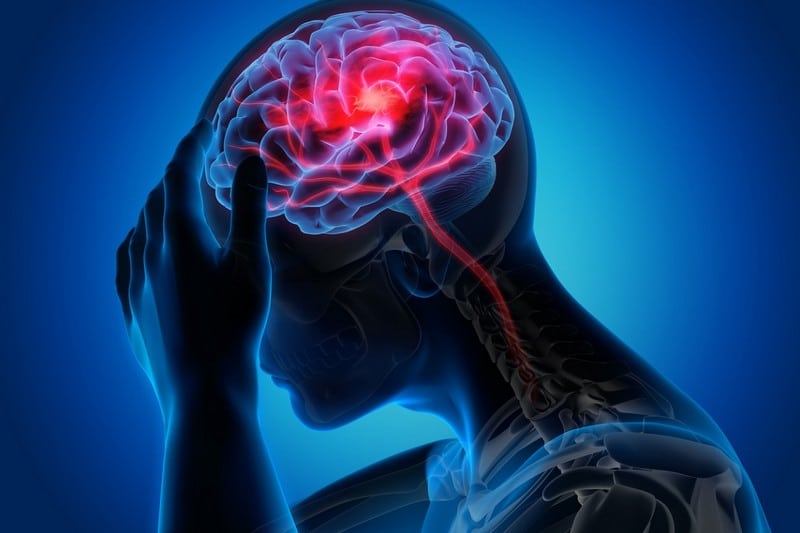Neurological Problems

Folic acid is essential for forming red blood cells, which transport oxygen and other needed substances to different body parts. When there’s a lack of oxygen, the organs may begin to atrophy which can cause a decline in their functionality.
Folic acid is essential for the proper functioning of the brain and the central nervous system. Research states a significant overlap between neurological disorders and folate deficiency. Hematological complications due to folate deficiency somehow increase the possibility of the person contracting various neurological problems.
Researchers believe that people with dementia, depression, degenerative cognitive diseases, and to an extent, peripheral neuropathy and subacute combined degeneration of the spinal cord can all trace one of the causes of folate deficiency. The inability of the body to produce enough red blood cells to transport the necessary cellular nourishment to the brain causes the organ to lose vitality and function gradually.
Low folate levels, coupled with increased homocysteine – the amino acid that causes damage to the arterial walls – can increase the risk factor of a person acquiring degenerative cognitive diseases such as Alzheimer’s, dementia, and depression. Therefore, doctors recommend increasing vitamin B supplementation to prevent such episodes.










